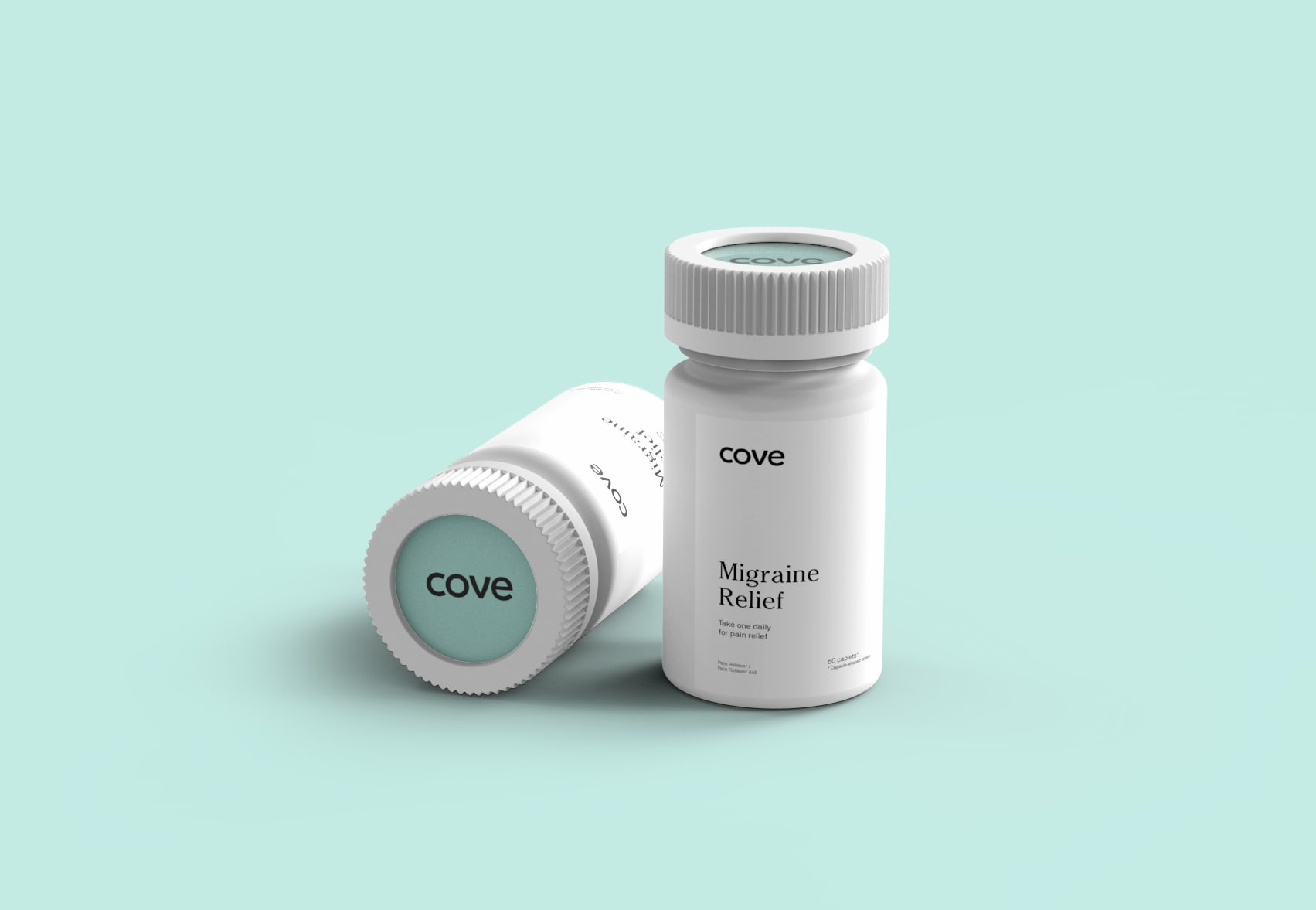Despite taking all the precautions you could, you still caught COVID-19. Maybe you were stuck in bed for a few days, maybe it was mild, or maybe you even ended up in the emergency room. Either way, you recovered and thought the worst was behind you.
Fast forward to now, and maybe you’re dealing with an unexplained uptick in migraine attacks. It’s reasonable to wonder if the fact that you had COVID-19 is affecting your migraine frequency, and it’s tough to find straightforward answers. That’s likely because not all of the facts are available yet, but we know that your migraine won’t wait around while the research gets done. That’s why we’re breaking down the latest on long haul COVID-19 and migraine.
What are COVID-19 long haul symptoms?
“Long haul COVID” (also called “post-COVID” or “long COVID”) is the name researchers and sufferers are using to describe symptoms that seem to be related to COVID-19 but are appearing weeks or even months after being treated for the virus. It’s important to note that just because you had COVID-19 doesn’t necessarily mean you’ll develop long COVID—right now, scientists estimate that about 10% of COVID-19 patients later become long haulers.
So what are the symptoms that make up long haul COVID?
- anxiety
- body aches
- brain fog (confusion, difficulty concentrating, or frequently forgetting things)
- chest pain
- cough
- depression
- difficulty sleeping
- fatigue
- headaches
- joint pain
- kidney problems
- loss of taste and smell
- shortness of breath
Keep in mind that not every long hauler will experience all of these symptoms. You might find yourself experiencing a sore throat, dry cough, or body aches after it seemed you had fully recovered and tested negative for Covid-19. Just like COVID-19 itself, the impact of long haul COVID seems to vary from person to person.
Do COVID-19 and long haul COVID cause migraine headaches?
Let’s zero in on the one symptom on that list that you’re probably most worried about: headaches, more specifically migraine headaches. By this point, you’ve probably heard that COVID-19 itself can cause headaches, and sometimes more severe migraine attacks in people who are already predisposed to them. (You can learn more about that in our explainer on COVID migraine.) But what about long haul COVID?
Unfortunately, neurologists are seeing people who developed migraine for the first time that persisted after they recovered from COVID-19, as well as migraine sufferers whose post-COVID attacks are longer, more frequent, and more severe.
It’s important to keep in mind that COVID-19 hasn’t been around for very long (even though it’s felt like an eternity), and large-scale clinical trials will be needed to confirm the potential link between the two conditions. For now, scientists can only theorize about why the virus might cause attacks. Some doctors think the coronavirus hangs around in your body even after you test negative, continuing to cause symptoms, while others suggest that your immune system just continues to react to the virus even though it’s not there anymore. Another more worrying theory is that COVID-19 deals long-term damage to the brainstem, which can cause many issues including migraine.
What can I do about post-COVID migraine attacks?
Until we know more about long COVID, it’s probably best to treat post-COVID migraine attacks the same way you’d treat any other attack (with triptans, NSAIDs, CBD—whatever works best for you). If your usual routine isn’t working for you anymore, or if your attacks have become significantly more severe, then we’d recommend talking to your doctor about your migraine. If you’d like to talk to a Cove doctor, all you need to do is complete an online consultation.
Otherwise, the best thing you can do is protect yourself to make sure you don’t get COVID-19 again. That means wearing your mask when you need to and getting vaccinated. In fact, there have been a few reports of people who developed long COVID having their symptoms disappear after getting the vaccine (especially if they were asymptomatic when they had COVID-19), but that’s by no means a guaranteed outcome.
While we’re very far from having all the data we need about the relationship between long haul COVID and migraine, it’s safe to say that if you’re a migraine sufferer who had COVID-19, there’s a chance that you could see an uptick in the severity of your attacks. That’s why it’s so important to keep in touch with your doctor about any changes in your migraine symptoms.
With proper symptom tracking and open communication with your doctor, you’ll be in the best position to handle any increased migraine frequency or severity you experience. And if you don't have a doctor you can talk to, we can connect you with a Cove doctor who specializes in migraine today.
Photo by engin akyurt via Unsplash
Disclaimer
The information provided in this article is not a substitute for professional medical advice, diagnosis, or treatment. You should not rely upon the content provided in this article for specific medical advice. If you have any questions or concerns, please talk to your doctor.
The information provided in this article is not a substitute for professional medical advice, diagnosis, or treatment. You should not rely upon the content provided in this article for specific medical advice. If you have any questions or concerns, please talk to your doctor.



